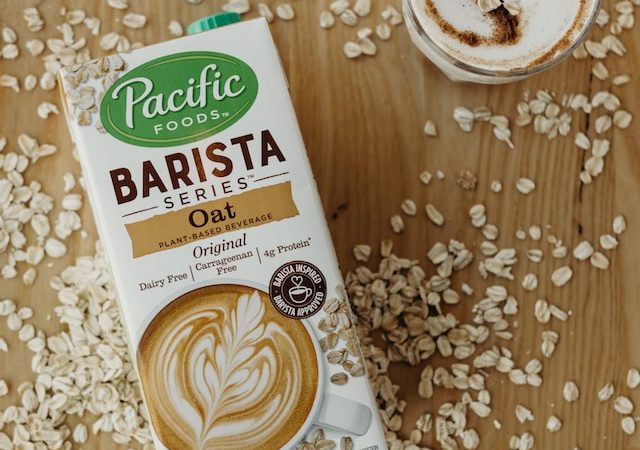The rise of ultra-processed foods has sparked a debate among health professionals and consumers alike. With concerns about their impact on our health, it’s essential to examine the evidence surrounding these products. Are ultra-processed foods truly the new junk food? In this article, we will delve into the research, explore their composition, health implications, and
The rise of ultra-processed foods has sparked a debate among health professionals and consumers alike. With concerns about their impact on our health, it’s essential to examine the evidence surrounding these products. Are ultra-processed foods truly the new junk food? In this article, we will delve into the research, explore their composition, health implications, and shed light on the ongoing discussion surrounding these controversial food items.
- Defining Ultra-Processed Foods:
Ultra-processed foods are products that undergo extensive industrial processing, resulting in significant alterations to their original ingredients. These foods are typically high in added sugars, unhealthy fats, sodium, and artificial additives while lacking in essential nutrients. Examples include sugary cereals, packaged snacks, fast food, and ready-to-eat meals.
- The Debate: Are They the New Junk Food?
While some argue that ultra-processed foods deserve the label of “new junk food,” others highlight the complexity of the issue. Proponents argue that these foods contribute to poor dietary choices, excessive calorie intake, and the rising rates of obesity and chronic diseases. Critics, on the other hand, emphasize that labeling all ultra-processed foods as “junk” oversimplifies the issue and fails to acknowledge the diversity within this category.
- Health Implications:
Studies have linked the consumption of ultra-processed foods to negative health outcomes. These foods are often energy-dense, leading to overconsumption and weight gain. The high levels of added sugars and unhealthy fats contribute to an increased risk of chronic conditions such as heart disease, type 2 diabetes, and certain cancers. However, it is important to note that correlation does not always imply causation, and further research is needed to establish a definitive causal relationship.
- Factors at Play:
Several factors contribute to the potential harm of ultra-processed foods:
a. Nutritional Profile: Ultra-processed foods often lack essential nutrients and dietary fiber, displacing healthier options in our diets.
b. Addictive Properties: The combination of added sugars, unhealthy fats, and artificial additives can make ultra-processed foods highly palatable and potentially addictive, leading to excessive consumption.
c. Environmental Factors: The availability, affordability, and aggressive marketing of ultra-processed foods contribute to their widespread consumption, particularly in low-income communities where access to healthier alternatives may be limited.
- Balancing the Diet:
While it’s important to be cautious about ultra-processed foods, a balanced approach to diet is key. Rather than demonizing specific foods, focus should be placed on overall dietary patterns:
a. Moderation: Enjoy ultra-processed foods in moderation as occasional treats rather than daily staples.
b. Whole Foods: Prioritize whole, unprocessed foods such as fruits, vegetables, whole grains, lean proteins, and healthy fats. These provide essential nutrients and promote overall health.
c. Mindful Eating: Cultivate a mindful approach to eating, paying attention to hunger and fullness cues, and savoring each bite.
d. Individual Differences: Recognize that everyone’s dietary needs and preferences vary. What works for one person may not work for another, so it’s important to find a balance that suits your lifestyle and health goals.
Conclusion:
The debate surrounding ultra-processed foods continues, with compelling arguments on both sides. While the evidence suggests potential negative health implications, it is crucial to approach the topic with nuance. By focusing on overall dietary patterns, moderation, and prioritizing whole, unprocessed foods, individuals can make informed choices and work towards a healthier future.

















Leave a Comment
Your email address will not be published. Required fields are marked with *